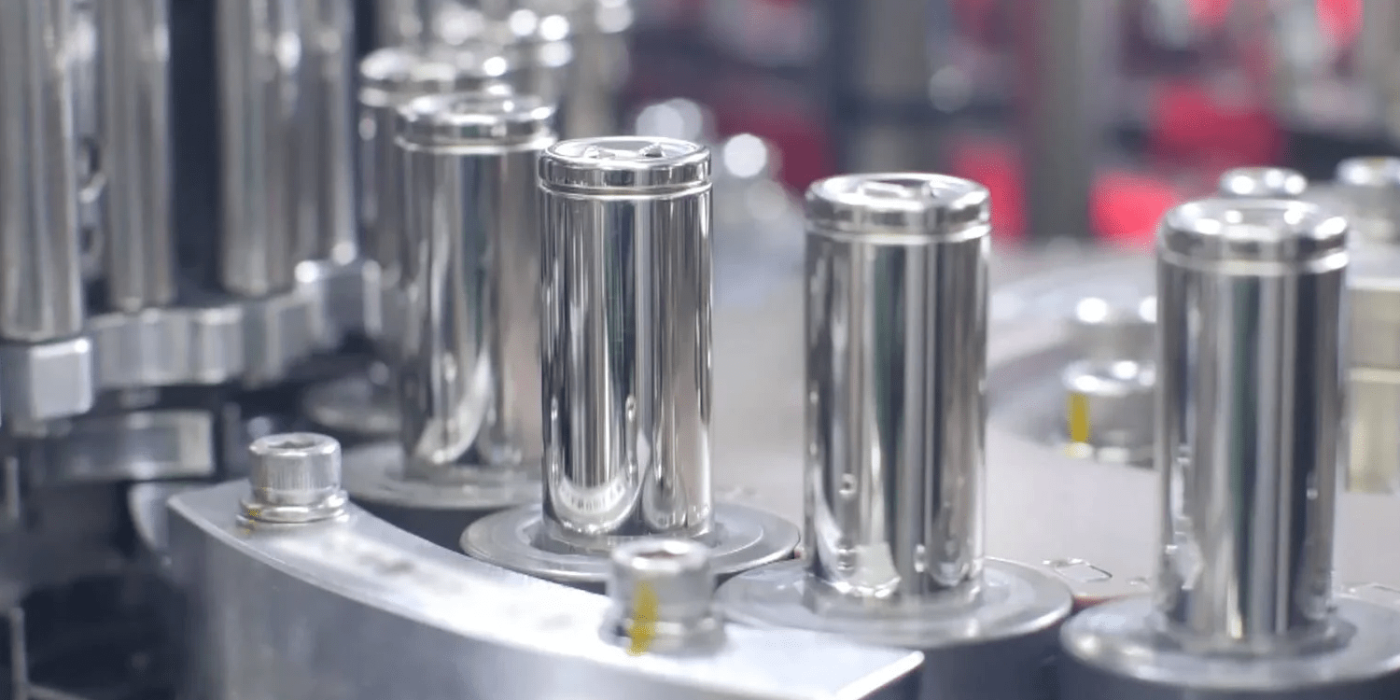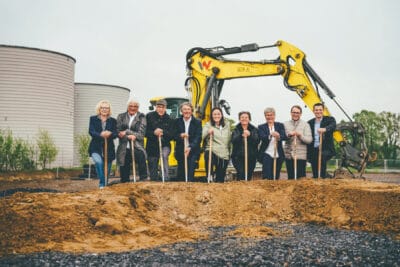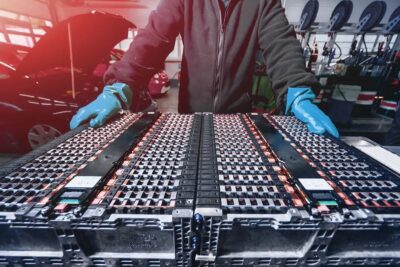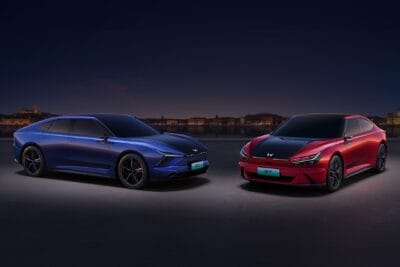Panasonic looks to Norway for European battery production
Panasonic has signed a memorandum of understanding (MoU) with the energy company Equinor and the industrial group Norsk Hydro to explore the possibilities for building a “sustainable and cost-effective European battery business” for electric vehicles, likely in Norway.
According to the joint declaration, the companies will, in this first phase, directly involve potential customers in the European automotive industry and enter into a dialogue with the responsible authorities in Norway and Europe to ensure competitive conditions for this joint battery initiative. Preliminary results are expected in mid-2021.
Although Panasonic avoids making a direct commitment, a “joint battery initiative” could involve the Japanese company considering locating a cell factory in Norway and further statements suggest that this is the case. “This collaboration combines Panasonic’s position as an innovative technology company and leader in lithium-ion batteries, with the deep industrial experience of Equinor and Hydro, both strong global players, to potentially paving the way for a robust and sustainable battery business in Norway,” said Mototsugu Sato, Executive Vice President at Panasonic.
“We are pleased to enter into this initiative to explore implementing sustainable, highly advanced technology and supply chains to deliver on the exacting needs of lithium-ion battery customers and support the renewable energy sector in the European region,” Sato continued.
Norsk Hydro also stresses that it expects battery production to increase. “We believe that battery storage will play an increasingly important role in bringing energy systems to net-zero emissions. By pooling our different areas of energy expertise, our companies will seek to create a battery business that is profitable, scalable and sustainable,” said Arvid Moss, Executive Vice President of Energy and Corporate Development at Hydro.
Panasonic has years of experience with lithium-ion batteries. The best-known example is certainly the cooperation with Tesla, which includes Gigafactory 1 in Nevada. Here, the Japanese company recently introduced a new generation of cells with improved properties, and in the summer, they announced further increases in energy density and the elimination of cobalt. At the end of October, Panasonic also announced their intention to develop their battery cell based on the new 4680 format presented by Tesla at Battery Day.
If the strategic cooperation between Panasonic and the Norwegian partners should indeed result in the construction of a battery cell factory, the Japanese company would join an increasingly long list of Asian investors in the emerging European battery industry. The South Korean group LG Chem is expanding its existing capacities in Poland, CATL is building its European plant near Erfurt, the smaller Chinese cell manufacturer and Daimler partner Farasis is building in Bitterfeld-Wolfen in Germany. This week, the Chinese cell manufacturer SVOLT announced that it would build its European battery cell factory in Saarland, which will produce up to 24 GWh.
Meanwhile, Norsk Hydro reports progress on its announced joint venture with the Swedish battery cell manufacturer Northvolt for battery recycling. The planned pilot plant of the Hydro Volt joint venture for the recycling of used electric car batteries will receive 43.5 million kroner from the Norwegian state enterprise Enova. The aim is to start construction of the plant in early 2021.
hydro.com, panasonic.com (PDF, both on the cooperation), hydro.com (Northvolt-JV)





0 Comments